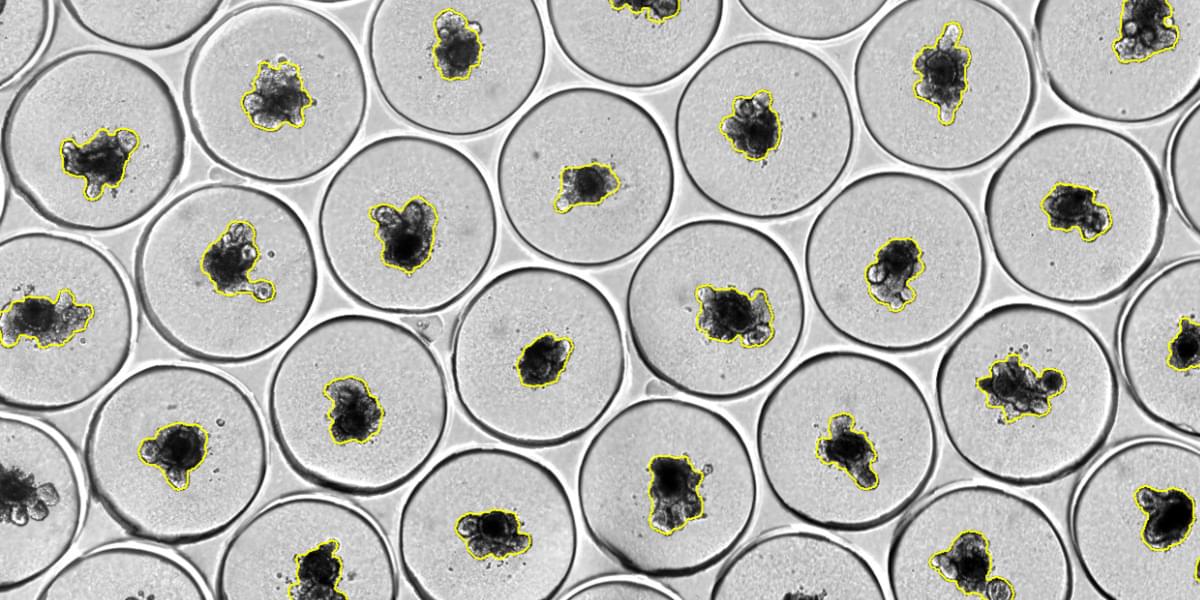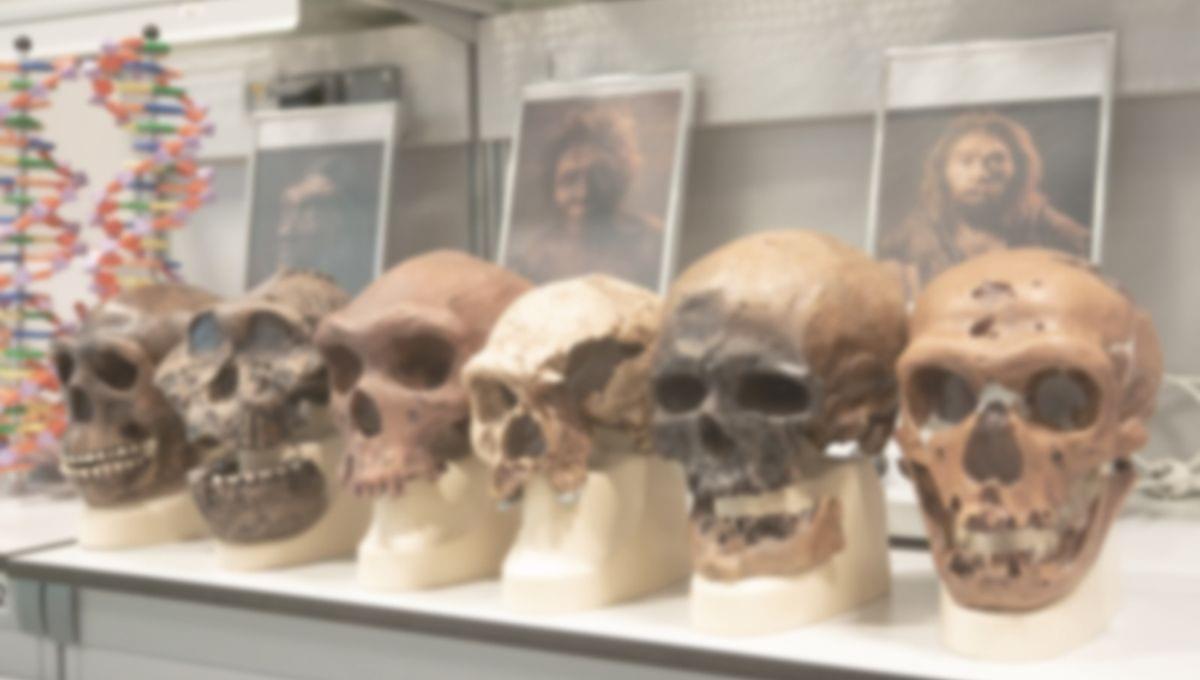The strong nuclear force may abruptly loosen its grip on the fundamental particles that make up matter at a special “critical point” – researchers are now getting a clearer picture of when that point is reached
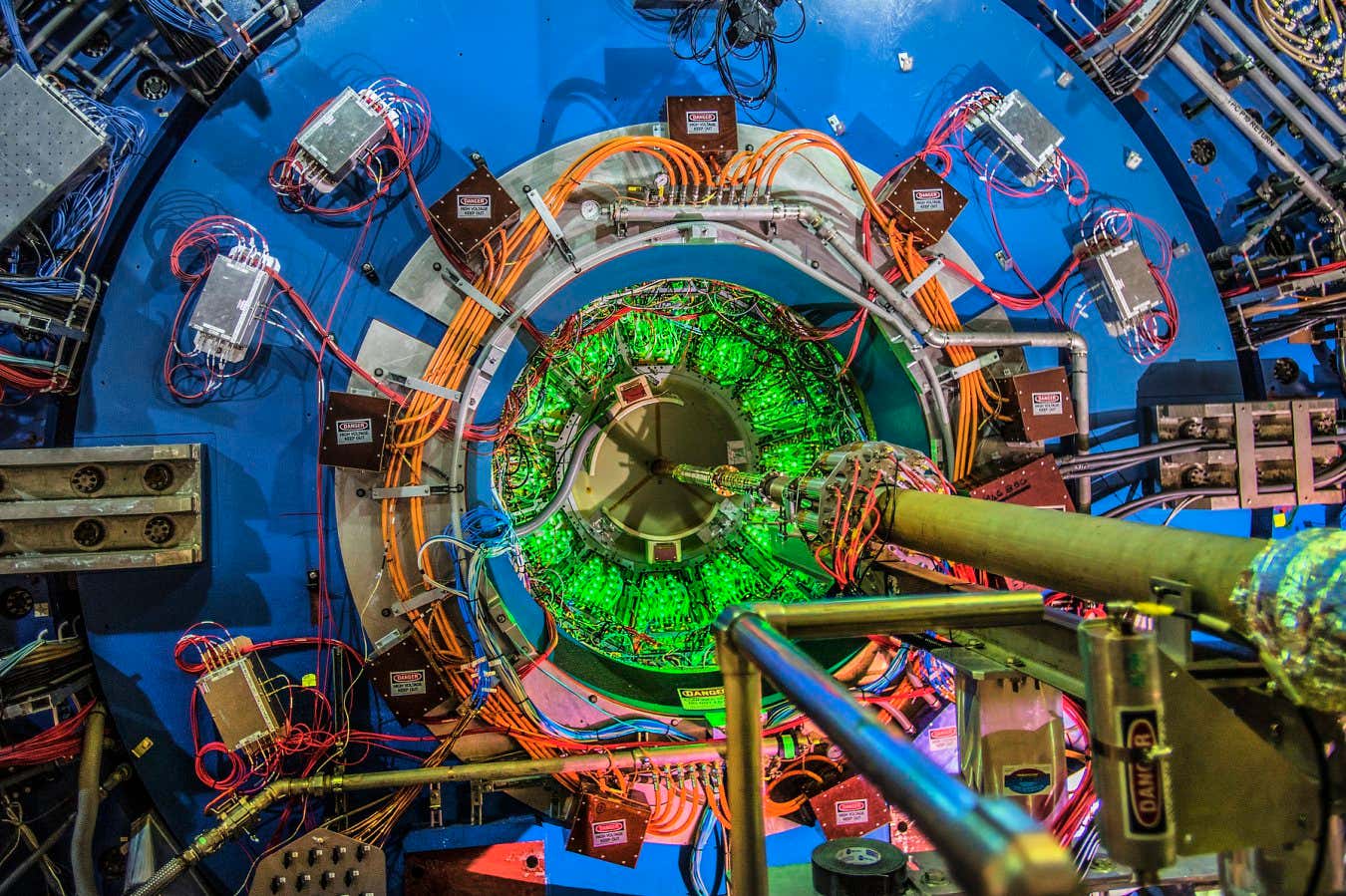

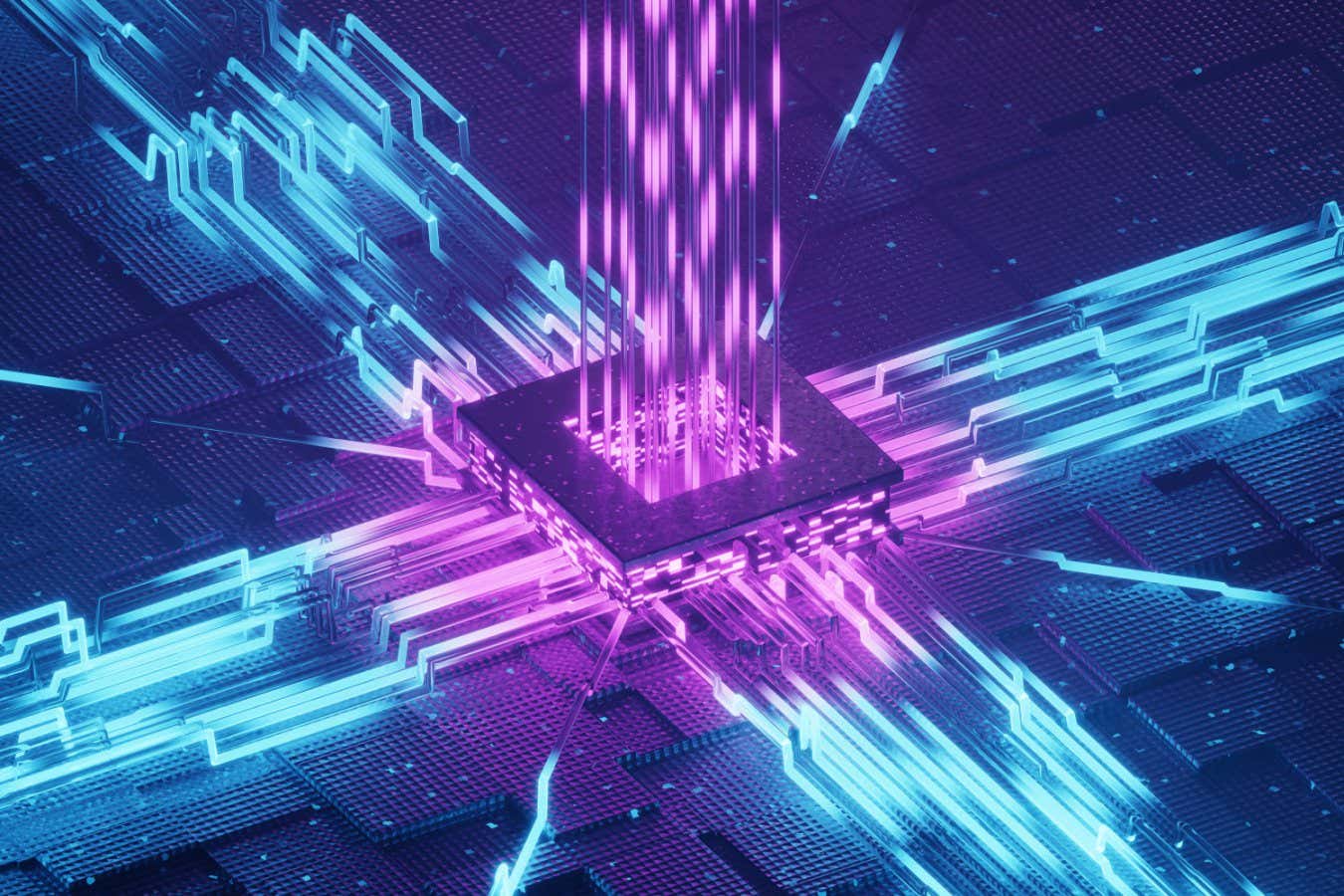

Extracellular vesicles can be divided into 3 primary classes based on their size: exosomes (20–100 nm), microvesicles (100–1,000 nm) and apoptotic bodies (1–5 µm). Exosomes have been the major focus of extracellular vesicle research. The term “exosome” was coined by Trams et al. in 1981 for “exfoliated membrane vesicles with 5’-nucleotidase activity” (23). Exosomes are distinguished from apoptotic bodies and microvesicles in term of their size, origin (endosomal or cell membrane), markers and composition. With spherical to cup-shaped nanoparticles and specific surface molecular markers, such as CD9 and CD63, exosomes are formed by the inward budding of endosomal membranes, thereby containing a variety of proteins, mRNAs and miRNAs (24-27). In addition to various cell or tissue specific materials, exosomes also contain certain common proteins, including cytoplasmic proteins (Hsp70 and Hsp90), cytoskeletal proteins (tubulin and actin), membrane fusion proteins (Rab GTPases) and membrane-associated proteins (CD9, CD81 and CD63) (28-30). These proteins could be used as markers for exosome isolation and identification. However, exclusive protein markers for exosomes are currently unknown. The material contained in exosomes is well protected to prevent degradation. For example, the RNA in exosomes is more stable than that in plasma and is not easily degraded by RNases. Exosomal RNA can be stored at −20 °C for more than 5 years, and the concentration is not decreased when compared with freshly prepared samples (31).
The signals and mechanisms underlying exosome formation and cargo sorting into exosomes have not been thoroughly elucidated to date. The present evidence shows that at least Endosomal Sorting Complexes Required for Transport (ESCRT) class proteins, tetraspanin CD63, specific glycan modification, the p53/TSAP6 pathway, and/or lipid-dependent mechanisms are involved in the formation of intraluminal vesicles in extracellular vesicles (32). Moreover, Rab-dependent trafficking mechanisms (Rab11, Rab27 and Rab35) have roles in exosome exocytosis and secretion (33) (Figure 1). Recipient cells internalize the foreign exosomes via multiple processes, including phagocytosis, clathrin-mediated endocytosis, macropinocytosis, and receptor-mediated and direct fusion (34,35). The factors that determine which and how a molecule is included or excluded in exosomes is under debate. It is reported that as a component of the COP9 signalosome regulatory complex, JAB1/CSN5 is involved in sorting proteins into exosomes (36). The introduction of exosomes provides a new molecular platform to further study cell-cell interaction, specific targeted cell selection, mechanisms of internalization and the potential of serving as a drug delivery system (37,38). Moreover, exosomes have been found in nearly all human body fluids, such as blood plasma, saliva, cerebrospinal fluid, urine, malignant ascites and semen (39-42), thereby implying that exosomes can be exploited as useful tools for cancer diagnosis and predictive biomarkers for cancer prognosis. It is interesting that the rate of exosomal release and content is different between healthy cell exosomes and tumor-derived exosomes. Numerous studies, including in vitro and in vivo studies, as well as clinical analysis, demonstrate that the number of exosomes increases significantly in cancer cells compared to normal cells. The distinct content of exosomes between the two groups (most notably miRNAs) may have important clinical significance (43,44).

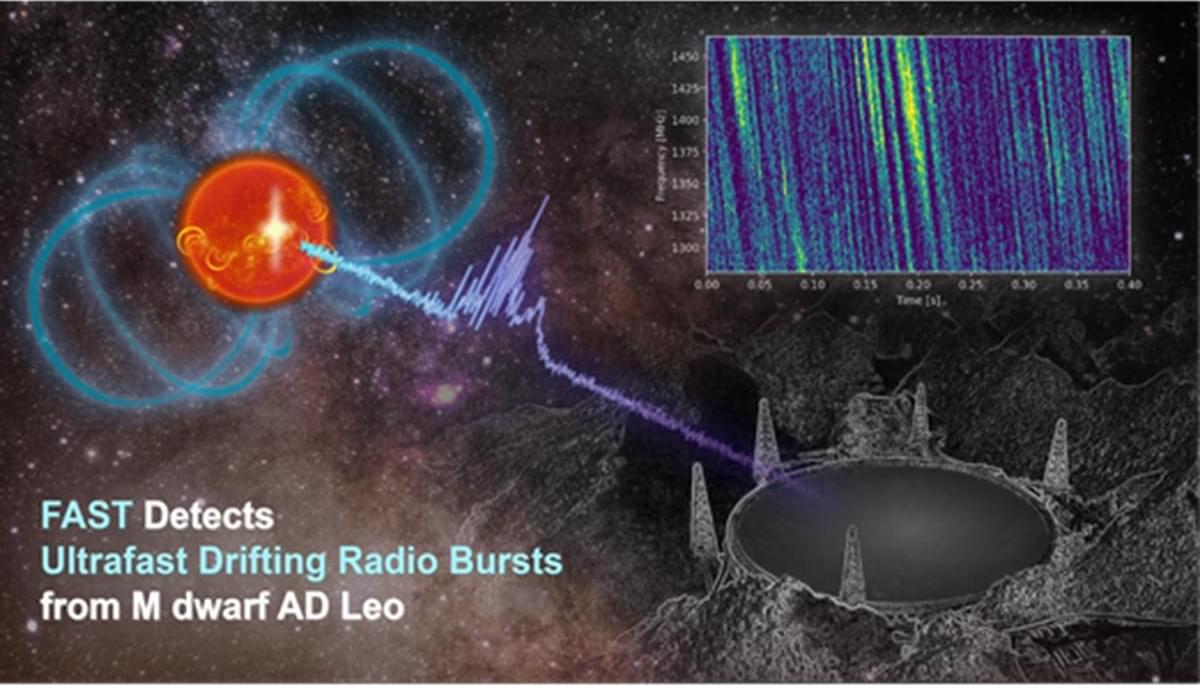
A Chinese research team using the Five-hundred-meter Aperture Spherical Radio Telescope (FAST), dubbed the “China Sky Eye,” has for the first time unambiguously detected millisecond-scale radio bursts from starspot regions. This creates a new way to directly probe small-scale stellar magnetic fields and shed light on the origins of stellar magnetic activity, according to the research team on Sunday.
The research team, led by Professor Tian Hui from the School of Earth and Space Sciences, Peking University recently published its findings in Science Advances.
This study has filled a long-standing gap in the understanding of small-scale magnetic fields on stars beyond the solar system and provides new insights into the mechanisms behind their coronal eruptions and space weather activity, the team said.

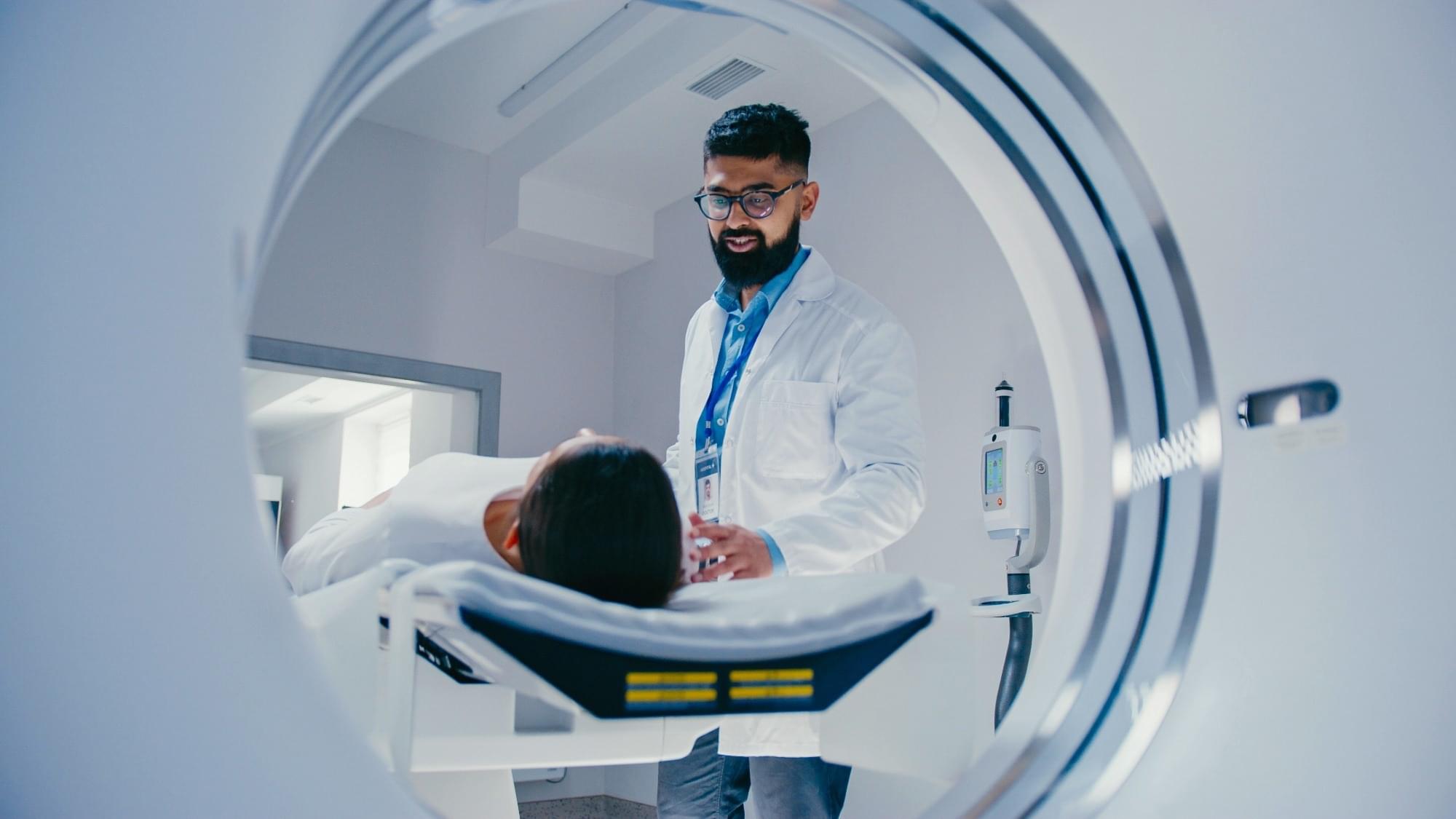
Researchers developed seven MRI-based biological age clocks across major organs using UK Biobank imaging, linking each to proteins, metabolites, genetics, disease risks, mortality, and cognitive decline. These organ-specific age gaps reveal how uneven aging shapes vulnerability to conditions such as diabetes, hypertension, and dementia, opening new paths for precision prevention and clinical trial stratification
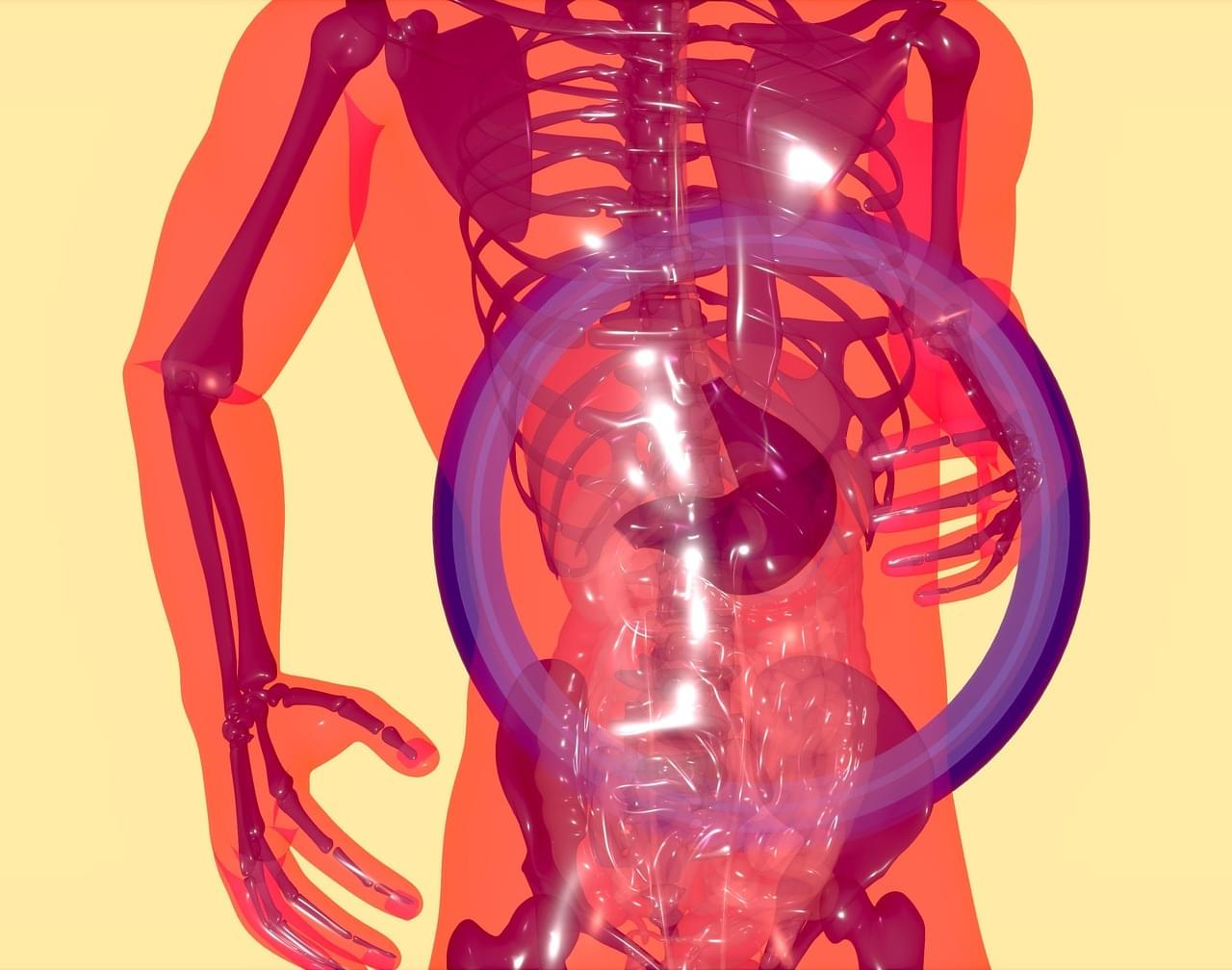
The microbiome encompasses all the microorganisms and viruses that reside in a particular environment in the body. Recent research on the relationship between the gut microbiome and a person’s health has led to an increased understanding of how specific microbiota can benefit or hinder the immune response in cancer patients and an individual’s response to cancer treatment.
A new publication in Cell Systems highlights the value of understanding the connections between microbiota and cancer therapy. The study demonstrates that a bacterium associated with colorectal cancer can elicit an anti-cancer effect on tumor cells.
The researchers employed a rigorous four-way screening approach to meticulously examine the molecular-level interactions between the host, microbe, drug, and nutrient. This comprehensive screening approach identified a metabolite, 2-methylisocitrate, that was upregulated in human tumor-associated microbiota, providing a solid foundation for the study’s findings.
